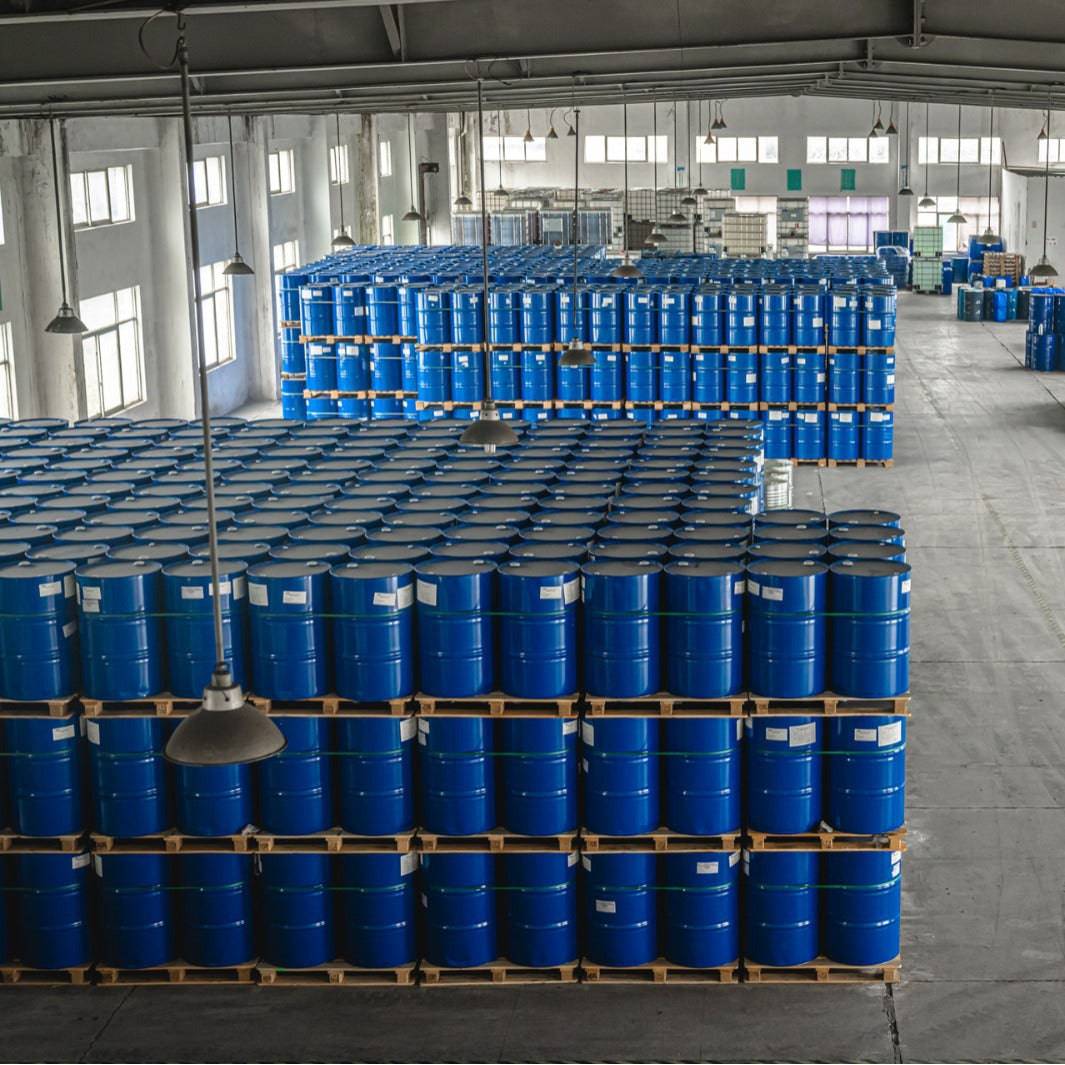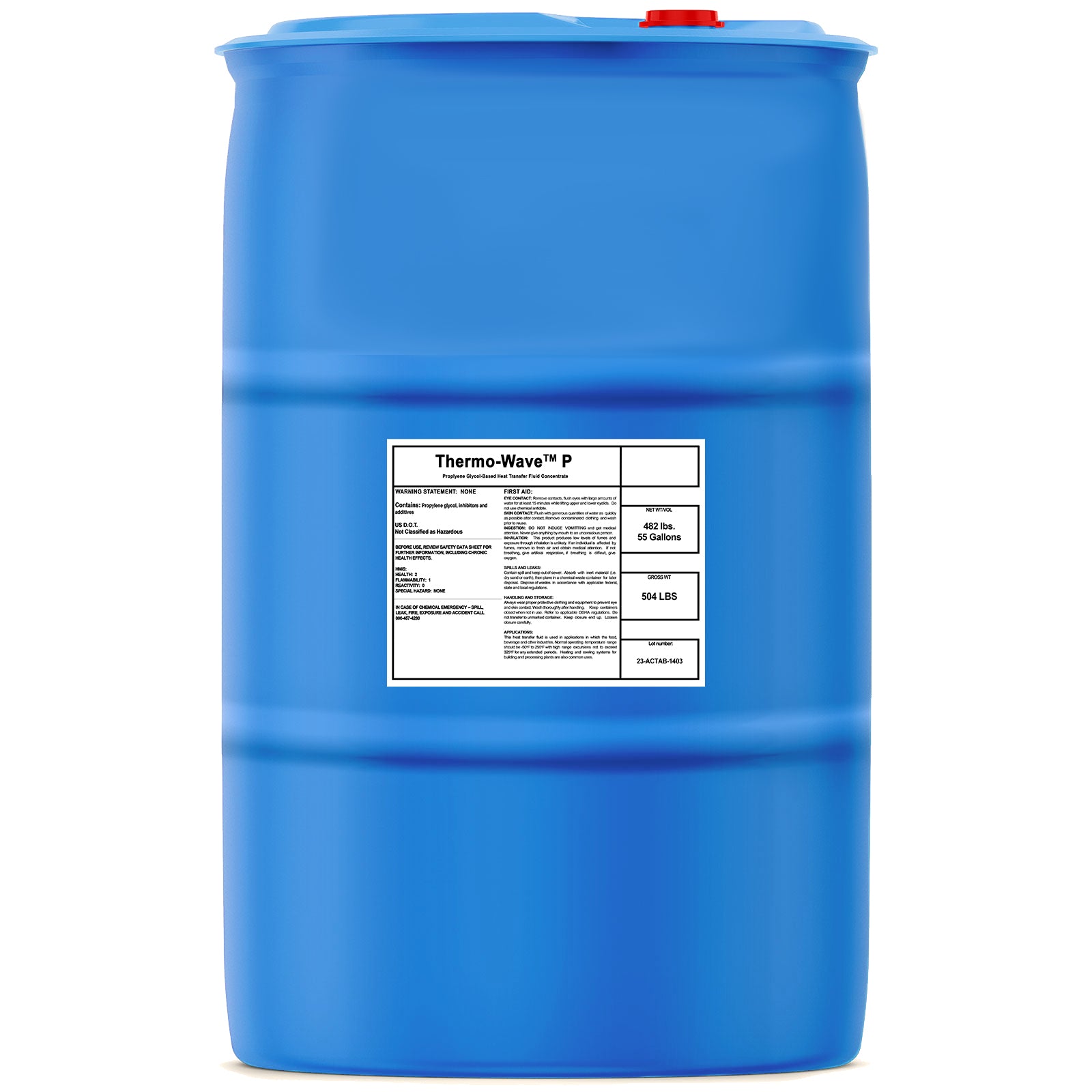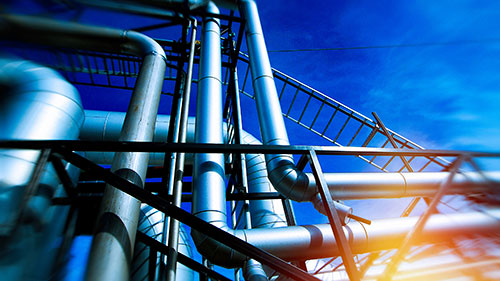How Warm Transfer Fluid Contributes to Sustainable and Cost-Effective Procedures
In the modern-day commercial landscape, the duty of heat transfer fluids (HTFs) in promoting sustainable and cost-efficient procedures can not be overstated. These fluids are essential in maximizing thermal administration systems, thereby significantly boosting power performance and reducing functional expenses. The ecological advantages of advanced HTFs, with their high thermal security and low poisoning, are undeniable. They not only extend system long life but additionally add to the reduction of dangerous discharges. Yet, real potential of HTFs is understood via the precise choice procedure, guaranteeing compatibility and security. What elements should direct this essential option?
Understanding Warmth Transfer Liquids
In the world of thermal administration, warmth transfer liquids (HTFs) serve as crucial agents for transferring thermal energy from one place to one more. These liquids play a pivotal function in various industrial applications, including chemical processing, power generation, and Heating and cooling systems.
The composition of heat transfer fluids can vary substantially, consisting of options such as mineral oils, artificial oils, glycols, and molten salts. Each kind provides unique advantages, such as boosted thermal security, reduced viscosity, and high boiling points, which are selected based on certain functional demands. In addition, the option of HTF influences not only the efficiency of warmth transfer yet likewise the longevity and safety and security of the system in which it is employed.
As industries proceed to innovate, the growth of advanced HTFs, defined by their boosted thermal conductivity and lowered ecological influence, is essential for satisfying the needs of modern thermal management difficulties.

Enhancing Power Efficiency

Improving energy efficiency has ended up being an extremely important worry throughout numerous markets, prompting a closer assessment of heat transfer fluids' role in optimizing thermal administration systems. These liquids are important to keeping the preferred temperature in processes, thus lessening power waste and improving general system efficiency. By picking a proper heat transfer liquid, industries can dramatically enhance their energy efficiency, causing minimized energy intake.

Advanced formulations of heat transfer fluids have been created to hold up against extreme temperatures while preserving security and efficiency. Boosting power effectiveness through ideal warmth transfer fluid selection is not only a technical need but also an ecological important.
Decreasing Functional Costs
Functional expenses are a considerable factor to consider for sectors looking for to keep affordable advantage, and the option of heat transfer fluid plays a critical role in expense monitoring. Choosing a suitable heat transfer liquid can lead to substantial expense financial savings by improving system performance and reducing power usage. High-performance fluids decrease thermal destruction, which subsequently reduces the regularity of fluid substitute and downtime connected with upkeep, thereby decreasing operational costs.
In addition, warmth transfer liquids with superior thermal security and rust resistance extend the life-span of tools. This decreases the need for constant repair work and substitutes, which can be expensive and turbulent to operations. By go right here buying high-quality liquids, industries can attain long-term decreases in maintenance prices and enhance the dependability of their systems.
Furthermore, advanced heat transfer fluids often show reduced viscosity at running temperature levels, which boosts pump efficiency and decreases power use in liquid circulation. Lots of modern warmth transfer liquids are engineered to operate effectively over a vast temperature level variety, decreasing the need for numerous liquid kinds, consequently enhancing supply demands and decreasing linked expenses.
Environmental Impact Decrease
The press towards reducing environmental effect has actually obtained energy in industries leveraging warm transfer liquids. Companies are significantly identifying the importance of lessening environmental impacts by embracing lasting methods. Heat transfer fluids (HTFs) play a crucial role in this change, providing chances to boost power performance and minimize emissions. By picking HTFs with high thermal stability and low poisoning, markets can guarantee very little leak and deterioration, therefore look at this web-site lessening unsafe environmental launches.
Additionally, the usage of sophisticated warm transfer fluids adds to improved system efficiency, reducing the general power usage. This reduction not just causes expense financial savings however additionally decreases co2 emissions, aiding in the battle against climate modification. Liquids that are biodegradable and recyclable additionally boost sustainability initiatives, as they decrease waste and advertise circular economy methods.
Additionally, integrating HTFs right into closed-loop systems protects against fluid loss and contamination of the surrounding setting. This approach guarantees that fluids are recycled, minimizing the demand for brand-new sources and limiting waste generation. By embracing these eco aware strategies, sectors can considerably diminish their eco-friendly influence while maintaining high operational effectiveness, aligning with global sustainability goals and regulative requirements.
Selecting the Right HTF
Picking the suitable heat transfer liquid (HTF) is an important action in progressing ecological sustainability within commercial processes - heat transfer fluid. A perfect HTF needs to have a high thermal capability, low viscosity, and high thermal conductivity to ensure reliable warm transfer.
When selecting an HTF, it is vital to consider its compatibility with system materials to avoid rust and chemical reactions. This makes certain durability and decreases upkeep prices. Additionally, the liquid ought to be safe and biodegradable, decreasing its eco-friendly you can try here impact and guaranteeing compliance with ecological guidelines. The lifecycle cost of the HTF, incorporating acquisition, procedure, and disposal, need to additionally be reviewed to guarantee financial usefulness.
Final Thought
